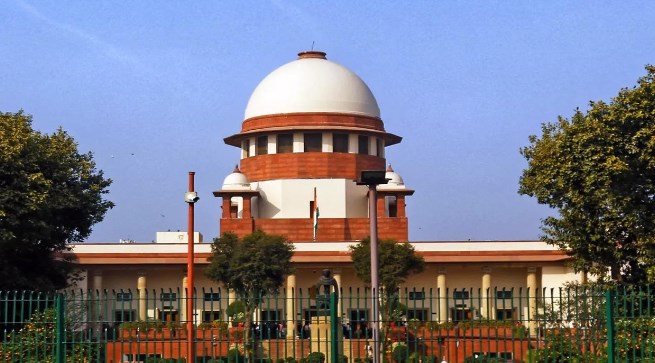The Supreme Court on Thursday dismissed applications seeking a stay on the appointment of two new election commissioners, saying it would lead to "chaos" and "uncertainty" as the elections are round the corner.
Observing that the Election Commission is not under the "thumb of executive", the apex court also refused to grant any interim stay on the operation of the Chief Election Commissioner and other Election Commissioners (Appointment, Conditions of Service and Terms of Office) Act, 2023.
The top court said it will examine the main petitions challenging the validity of the 2023 Act and asked the Centre to file its response within six weeks and posted the matter for hearing on August 5.
"At the stage, we cannot stay the legislation or suspend it operation. It would lead to chaos and uncertainty and we cannot do it (stay) by way of an interim order. There are no allegations against the new election commissioners," a bench of Justices Sanjiv Khanna and Dipankar Datta told the petitioners who have challenged the new law.
The petitioners were also seeking a stay on the appointment of new election commissioners.
"We are dismissing the applications for stay on the appointment," the bench said.
Observing that it cannot be denied that election commissioners should be independent and fair, the bench said polls have been held since Independence and the country has had very good election commissioners in the past. It noted that earlier election commissioners were appointed by the executive and now, they are being appointed under a law.
The top court said the 2023 verdict of its constitution bench nowhere said there has to be a member from the judiciary in the selection panel for appointment of election commissioners in the new law.
It said the intent of the 2023 verdict, which proposed a selection panel comprising the prime minister, the Leader of Opposition and the Chief Justice of India, was for a period till Parliament enacts a law.
The verdict was intended to nudge Parliament to enact law as there was a "vacuum" and it didn't say what kind of law should be made, the bench said.
Leave a comment
Your email address will not be published. Required fields are marked *


